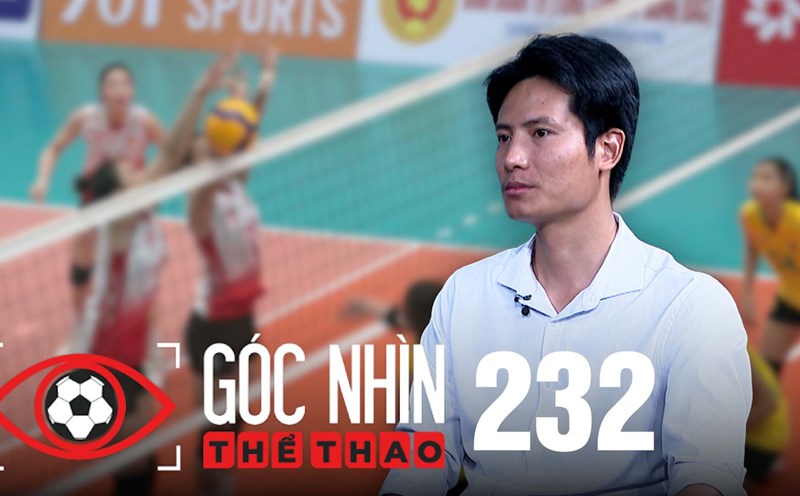Lessons from countries around the world
In parallel with the benefits, the digital environment also contains many challenges: Fake news, cyber violence, hate speech, and abuse of personal data. To solve this problem, many countries have issued and implemented the Code of Cultural Conduct on social networks, both protecting freedom of speech and creating a safe and civilized environment.
According to documents from the Ministry of Culture, Sports and Tourism, in China, with more than 1.1 billion Internet users, China has built a digital code system based on a solid legal foundation. The Law on Cyber Security (2017), Data Security (2021) and Personal Information Protection (2021) have created a legal corridor for managing online behavior.
China's highlight is the combination of "hard and soft": In addition to strict legal sanctions, the Government has launched many social movements such as "cyber Civilization Month", encouraging people to share accurate information and communicate respectfully. Digital citizenship education is also included in schools from primary school, helping the younger generation to soon form civilized behavior habits. As a result, millions of false and toxic content are removed each year; cyber violence has decreased; user awareness has improved. China has become one of the countries with a strong domestic digital ecosystem, easily applying and supervising codes of conduct widely.
Meanwhile, in Korea - one of the fastest digital technologies in the world - with more than 95% of the population using the Internet, the legal system includes the Law on Cyber Security, the Law on Personal Information Protection (PIPA, 2011) and digital media rules. In particular, the Netiquette Code, issued in early 2000, stipulates respect for others, not spreading fake news, and not disclosing private data.
Management agencies coordinate with technology platforms to monitor content, while providing tools for users to report violations. Thanks to that, Korea has significantly reduced online bullying, raised social trust and protected vulnerable groups such as children and people with disabilities.
In the US alone, freedom of speech is associated with corporate responsibility. Technology platforms issue their own community rules: Facebook has Community Standards, YouTube has Community Guidelines, Twitter/X has Rules and Policies, TikTok has Community Guidelines. These documents clearly stipulate the ban on hate speech, fake news, violent content or violations of children's rights. The government plays a supervisory role through heardings, FTC regulations, and state-level separate laws such as the CCPA (California, 2018). Civil society and the press play an important role, monitoring, criticizing and putting pressure on businesses to be transparent and increase responsibility.
Vietnam urgently issues a Code of Cultural Conduct on Social networks
Currently, the Ministry of Culture, Sports and Tourism is drafting a Code of Cultural Conduct on Social networks. According to the Ministry, the leakage of personal data, information trading, along with the use of violent language on the network has affected many users' legitimate rights. At the same time, online fraud methods are increasingly sophisticated, from bank impersonation, taking social media accounts to investment fraud, causing heavy damage to people. One of the most vulnerable groups is young people. Regular exposure to toxic content, deviating values, and countercultural trends on the internet can directly affect the awareness, behavior, and personality of adolescents. The lack of direction in online use habits also leads to addiction to games, virtual life, and impaired communication skills in practice.
Vietnam is facing difficulties in managing cross-border services. International platforms such as Facebook, TikTok, YouTube hold a large market share, but content censorship, data protection and compliance with Vietnamese law are still limited. This poses a big challenge for management, as toxic, anti-cultural or illegal content can still appear and spread widely.
The Ministry of Culture, Sports and Tourism also affirmed: In that context, it is extremely necessary to develop and promulgate a Code of Cultural Conduct in the digital environment. The Code will be a tool to guide behavior, create positive habits, ensure the healthy development of the digital environment, contribute to preserving national cultural identity, and build Vietnamese people in the new era. Through the establishment of standards of conduct, the online community will be encouraged to act civilly, limit conflicts and violent language. A safe and reliable online environment will help people feel more secure in participating more strongly in digital life. This will be a "compass" to help individuals and organizations behave properly and responsibly, thereby preserving and promoting national cultural identity in the context of global integration, forming a "Vietnamese digital culture", ensuring the harmonious development of technology and traditional cultural values in the new era of the country and the nation.
In the draft under development, the Ministry of Culture, Sports and Tourism sets out the Regulations on Conduct for individuals. Including the requirement "Using civilized, appropriate language, not vulgar, offensive, insulting or attacking individuals; not defaming or defaming organizations and individuals; avoiding discrimination in gender, region, religion, culture", "Do not disseminate or share fake news, untrue news or unverified rumors and other information violating the law".
Along with legal tools, the Code of Cultural Conduct on social networks will contribute to cleaning and healthy the current digital environment.









